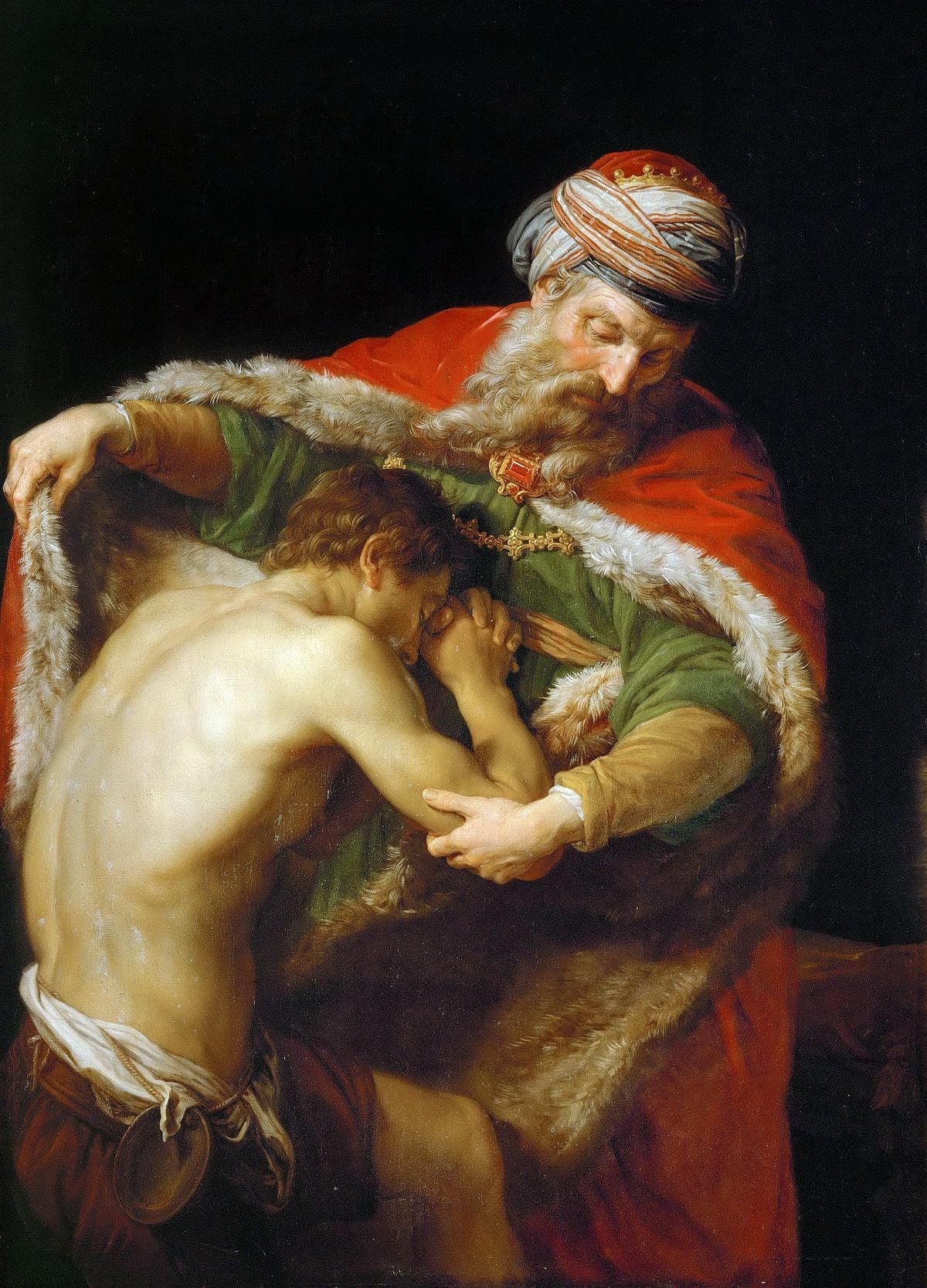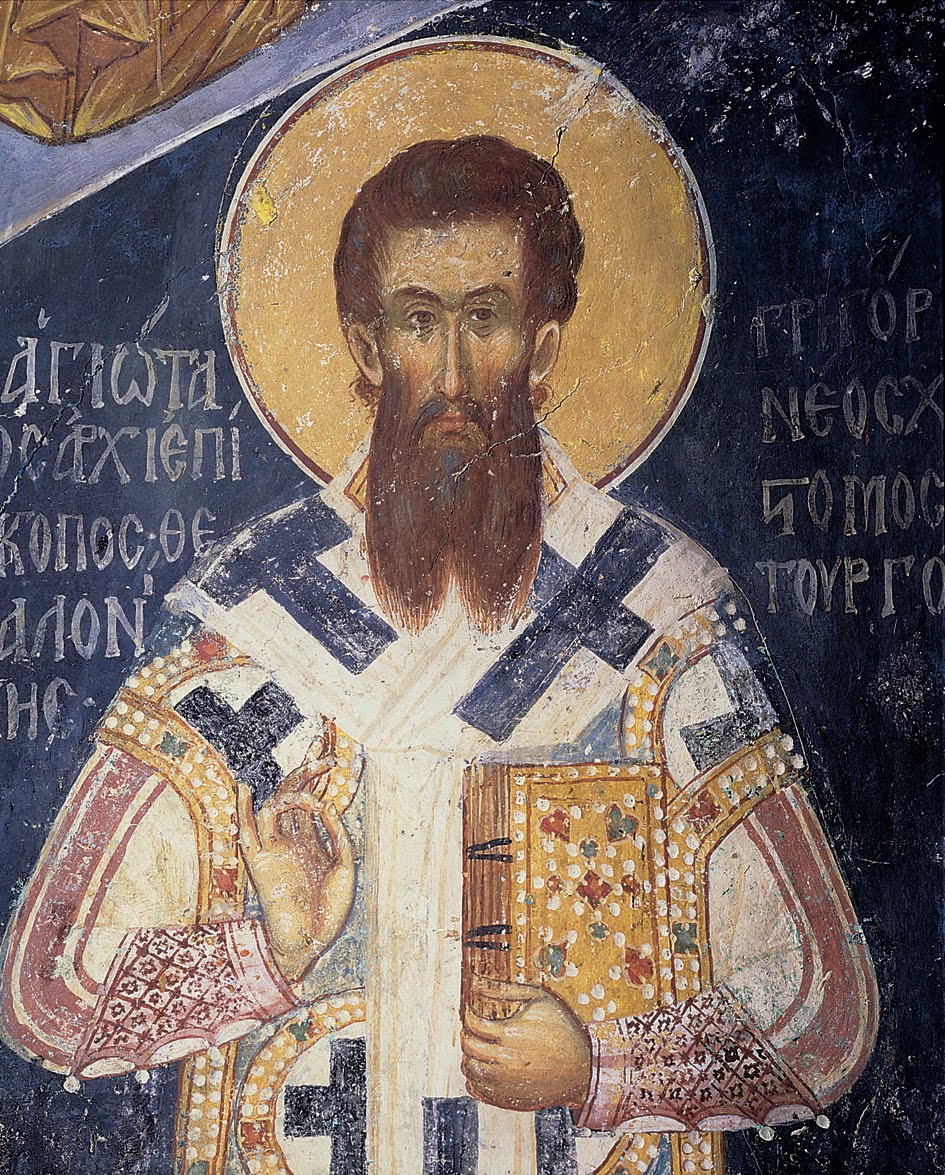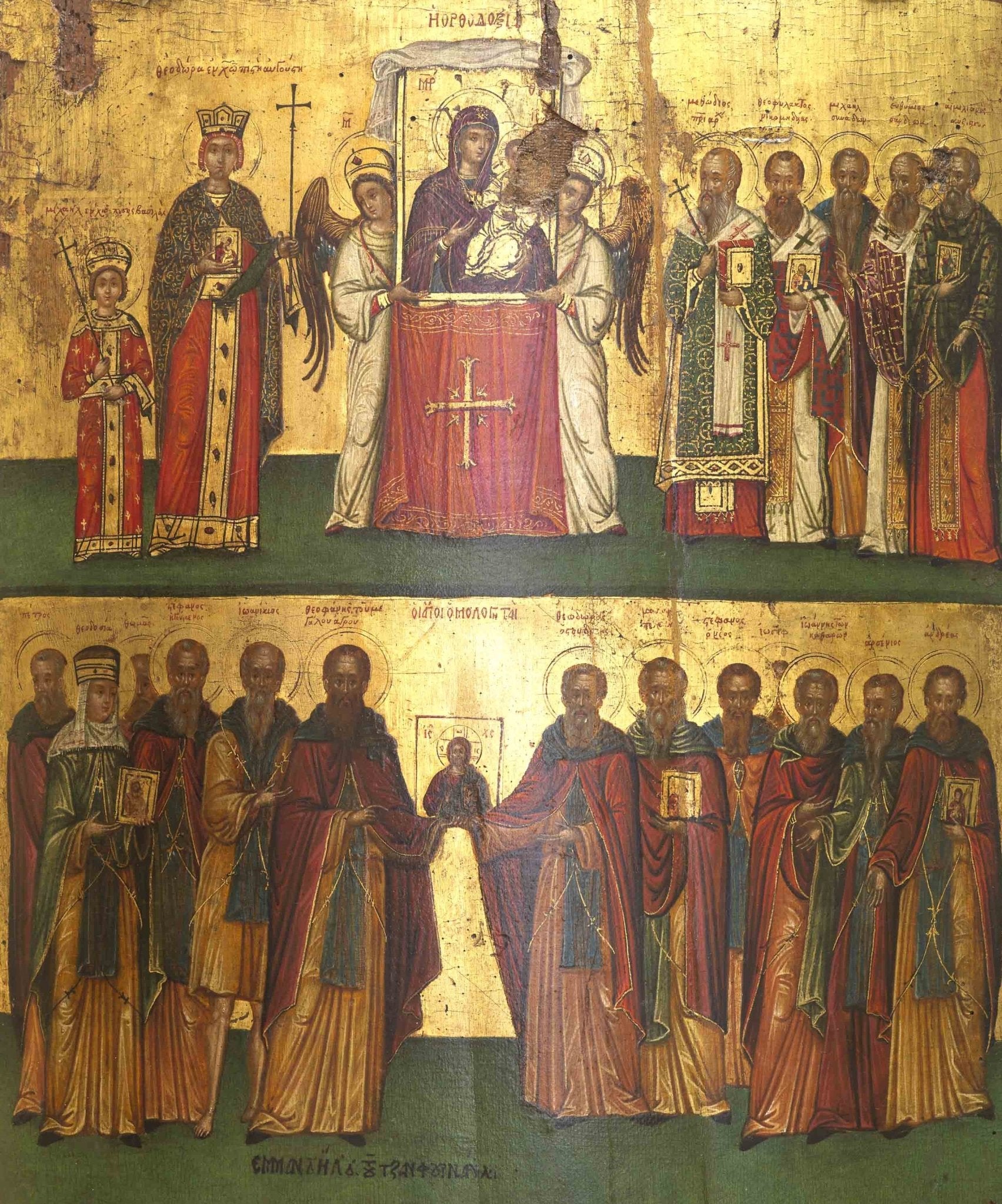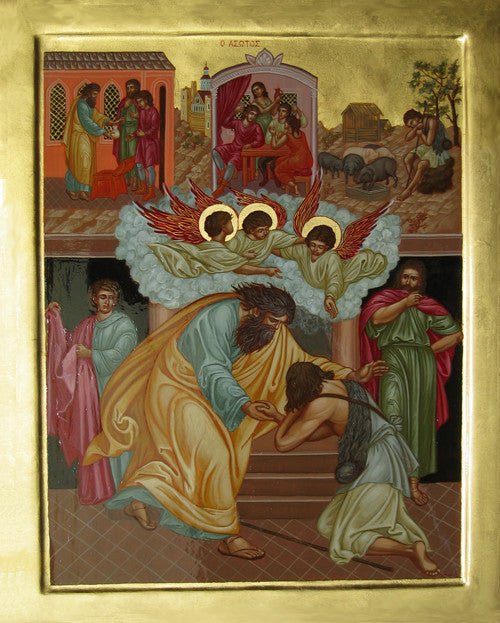Sermons & Homilies

Thankfulness lies at the heart of the Church’s life and worship. Eucharist, as is well known, means thanksgiving. Thankfulness is a confession of God’s greatness and goodness born from experience of his love. The importance of thankfulness surrounds us in our ascetical and liturgical spiritual lives. It shows up in the very first page of the Philokalia in St. Anthony the Great, who explains that it is absurd that we often thank physicians who prescribe bitter medicines and perform painful surgeries for our health’s sake, but do not thank God for those things which seem harsh to us but are soul-saving.
Continue reading

Throughout this work, particular themes are woven, such as the role of the spiritual father, the memory of death, or how experience corresponds to knowledge, but the theme we will focus on today is the role of love for God, because it is present on the first rung and on the last and contributes in various ways to many of the steps along the way. Love for God is the motivating force of the Christian life, the ascetic life, the monastic life (and these are not exclusive).
Continue reading

Every single person in this church, every single person who has ever lived and will live, will unfailingly see and be immersed within the uncreated light of the Holy Trinity. Everyone, no matter who they are, no matter what they believe, no matter how they live, will unfailingly be resurrected—body and soul—when Christ comes again. All will be bathed in the unveiled glory of the fullness of His divinity.
Continue reading

Perseverance is not just waiting. Waiting and thinking. Waiting anxiously. Waiting and despairing. It is not biding time until the problem (or worse, the person) goes away. Perseverance is a positive action. It is turning away from ourselves and our problems and our failures and looking toward Christ.
Continue reading

All of us are born into this world with a deep and insatiable longing for Paradise. Perhaps we are not even aware of it. Most of us bury it beneath the mire of our passions; we try to satisfy this pure and holy desire with the trinkets and amusements of this fallen world. We become as ships tossed to and fro, as wanderers amid the wasteland of this life, consumed by a gnawing hunger for we know not what. But no matter how we might try to slake our endless, unquenchable desire, we all — like the Prodigal Sons that we are — always end up finding ourselves enslaved to our passions, perishing with hunger, and very, very far away from home.

